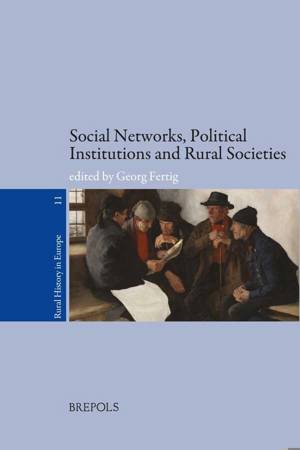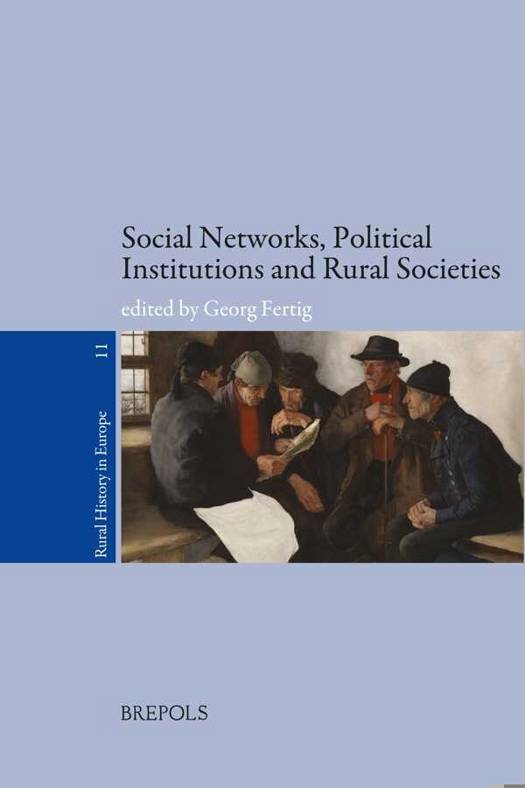
- Afhalen na 1 uur in een winkel met voorraad
- Gratis thuislevering in België vanaf € 30
- Ruim aanbod met 7 miljoen producten
- Afhalen na 1 uur in een winkel met voorraad
- Gratis thuislevering in België vanaf € 30
- Ruim aanbod met 7 miljoen producten
Zoeken
€ 90,10
+ 180 punten
Omschrijving
This book is a collection of essays on social networks, social capital, and kinship in historical and contemporary rural societies. They span a wide range of European countries and historical situations, from early modern Flanders and Italy to present-day Austria and Armenia. All the essays describe in detail how people on the countryside connected with one another in formal or informal relations. In doing so, the authors use and critically discuss methods of historical interpretation, social network analysis, and econometrics. The book analyses these topics in three steps. First, the authors address whether social relations can be of economic use. Secondly, they examine the institutional conditions for such a conversion of social into economic capital, reconstructing the often unexpected ways in which the economic and social spheres were connected both in 'pre-modern' and in 'modern' settings. Thirdly, they show how political institutions were constructed out of social networks.
Specificaties
Betrokkenen
- Auteur(s):
- Uitgeverij:
Inhoud
- Aantal bladzijden:
- 310
- Taal:
- Engels
Eigenschappen
- Productcode (EAN):
- 9782503548043
- Verschijningsdatum:
- 26/05/2015
- Uitvoering:
- Paperback
- Formaat:
- Trade paperback (VS)
- Afmetingen:
- 157 mm x 231 mm
- Gewicht:
- 544 g

Alleen bij Standaard Boekhandel
+ 180 punten op je klantenkaart van Standaard Boekhandel
Beoordelingen
We publiceren alleen reviews die voldoen aan de voorwaarden voor reviews. Bekijk onze voorwaarden voor reviews.







